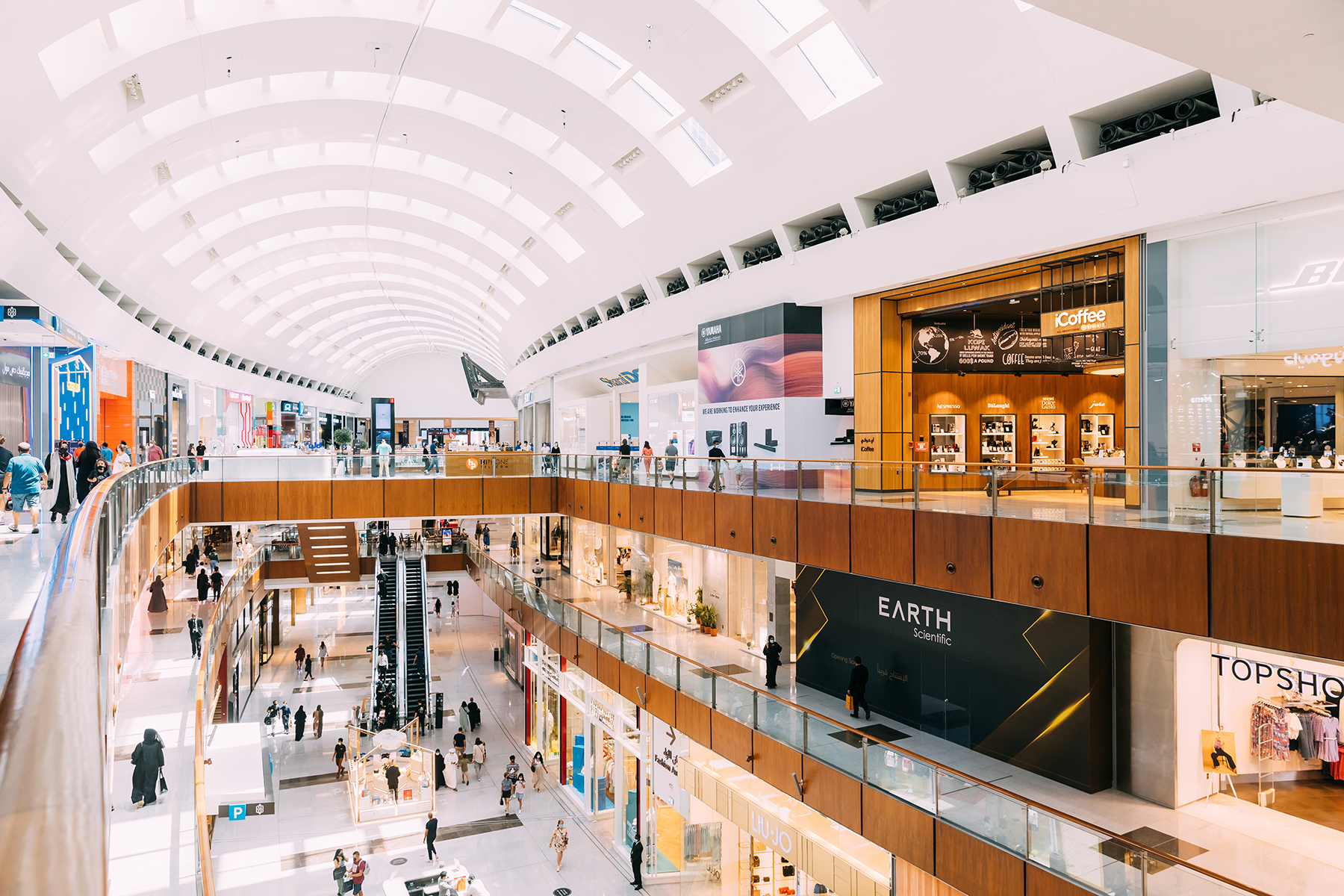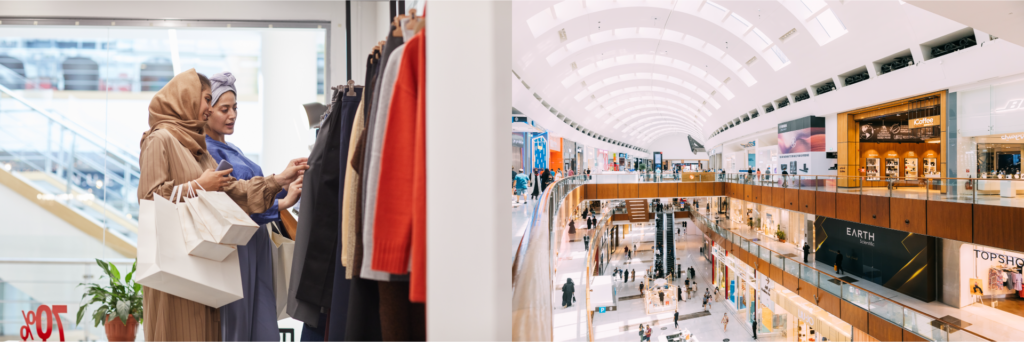Vision
To enable brands to deepen their engagement with global audiences by providing excellent creative support and expertise in global content strategy.
Latest Topics

Consumer behaviors and shopping habits in the Middle East
- MiddleEastMarketing
Introduction
The Middle East is a diverse and dynamic region with a rich cultural tapestry. It’s a place where tradition and modernity often coexist, and this duality is reflected in the shopping habits and customer behaviors of its residents. In recent years, the Middle East has witnessed significant changes in its retail landscape due to economic growth, urbanization, and the adoption of digital technologies. This article explores the evolving customer behaviors and shopping habits in the Middle East.
The Middle East is a region with a mosaic of cultures, languages, and traditions. These cultural influences play a significant role in shaping consumer behaviors. While there are commonalities, each country and even different regions within the same country may exhibit distinct preferences and habits. For example, the shopping habits of consumers in Saudi Arabia may differ from those in the United Arab Emirates, despite their geographical proximity.
In this article, we’ve categorized consumer behaviors and shopping habits in the Middle East into six primary segments, providing businesses with valuable insights on how to anticipate and adapt to these behavioral trends.
1.Strong Family and Community Ties
Family is at the heart of Middle Eastern society, and this extends to shopping habits. Many consumers in the Middle East shop as a family or rely on the opinions and advice of family members. Word-of-mouth recommendations hold significant sway, and consumers often trust the experiences and choices of their close-knit communities.

2.Influence of Religion and Cultural Festivals
Religion plays a vital role in the Middle East, and it impacts shopping habits. Islamic principles, for example, affect what is considered halal (permissible) and haram (forbidden). This influences product choices and consumption habits. Additionally, cultural festivals play a significant role in shaping shopping habits in the Middle East. As an illustration, people exhibit heightened activity during Ramadan, the Islamic month of fasting. Approximately a month before Ramadan, individuals engage in the purchase of kitchen utensils and food, preparing for the enjoyment of post-sunset meals. Throughout Ramadan, shopping centers bustle with crowds as people acquire clothing, bags, and various fashion items in anticipation of gatherings and the culmination of Ramadan. Eid al-Fitr, marking the conclusion of Ramadan, experiences a notable surge in expenditures as individuals exchange gifts and partake in celebratory events.

3.Digital Transformation
The Middle East is experiencing a rapid digital transformation. The widespread use of smartphones and access to the internet have led to a surge in e-commerce and online shopping. In 2020, the COVID-19 pandemic accelerated the shift towards online purchasing. Consumers in the Middle East are increasingly turning to online platforms for convenience and a wider range of options. Social media also plays a substantial role in shaping purchasing decisions, with influencers and online reviews impacting what products are bought.
4.Mall Culture & Brand Consciousness
Despite the growth of e-commerce, 56% of Middle East consumers prefer visiting physical stores. Mall culture remains strong in the Middle East. Shopping malls in the region are more than just retail spaces; they are social and entertainment hubs. The combination of shopping, dining, and entertainment attracts families and friends, making the mall a popular destination. Middle Eastern consumers are often brand-conscious, and they associate certain brands with quality, status, and luxury. International luxury brands have a strong presence in the region, and consumers are willing to invest in high-end products. However, there is also a growing interest in supporting local brands and businesses.

5.Payment Preferences
Cash remains a preferred payment method in many Middle Eastern countries, but digital payment methods, including mobile wallets and credit cards, are gaining popularity. The shift towards digital payments is driven by the convenience and safety associated with non-cash transactions.
6.Seasonal Shopping Patterns
Shopping habits in the Middle East, similar to Japan, are influenced by the seasons. For instance, from March to November, when temperatures exceed 25°C, there is an increased demand for outdoor and recreational goods. Conversely, from December to February, when temperatures can drop to nearly 10°C, sales of winter clothing and indoor entertainment surge. As the back-to-school season approaches at the end of August, a noticeable trend emerges in consumer behavior. People tend to increase their purchases during this time, driven by the need to prepare for the upcoming academic year. Families with school-aged children often find themselves shopping for a variety of items, including school supplies, uniforms or clothing, backpacks, stationary, and electronics. This surge in buying is not limited to just students and parents; it also extends to college students, teachers, and even those not directly associated with formal education. Retailers, both physical and online, strategically prepare for this seasonal demand by offering special promotions and discounts. This annual ritual showcases the influence of external factors, such as the academic calendar, on consumer purchasing patterns.
The Middle East is a region where tradition and modernity intersect in the realm of shopping habits and consumer behaviors. As the region undergoes rapid economic growth and embraces digital technologies, it is crucial for businesses to understand and adapt to the evolving preferences and expectations of Middle Eastern consumers. To succeed in this diverse and dynamic market, companies must respect cultural nuances, provide exceptional shopping experiences, and leverage the digital landscape to engage with their customers effectively. If you would like to understand more about the Middle Eastern consumers do not hesitate to consult with us. We are more than happy to assist your business.
